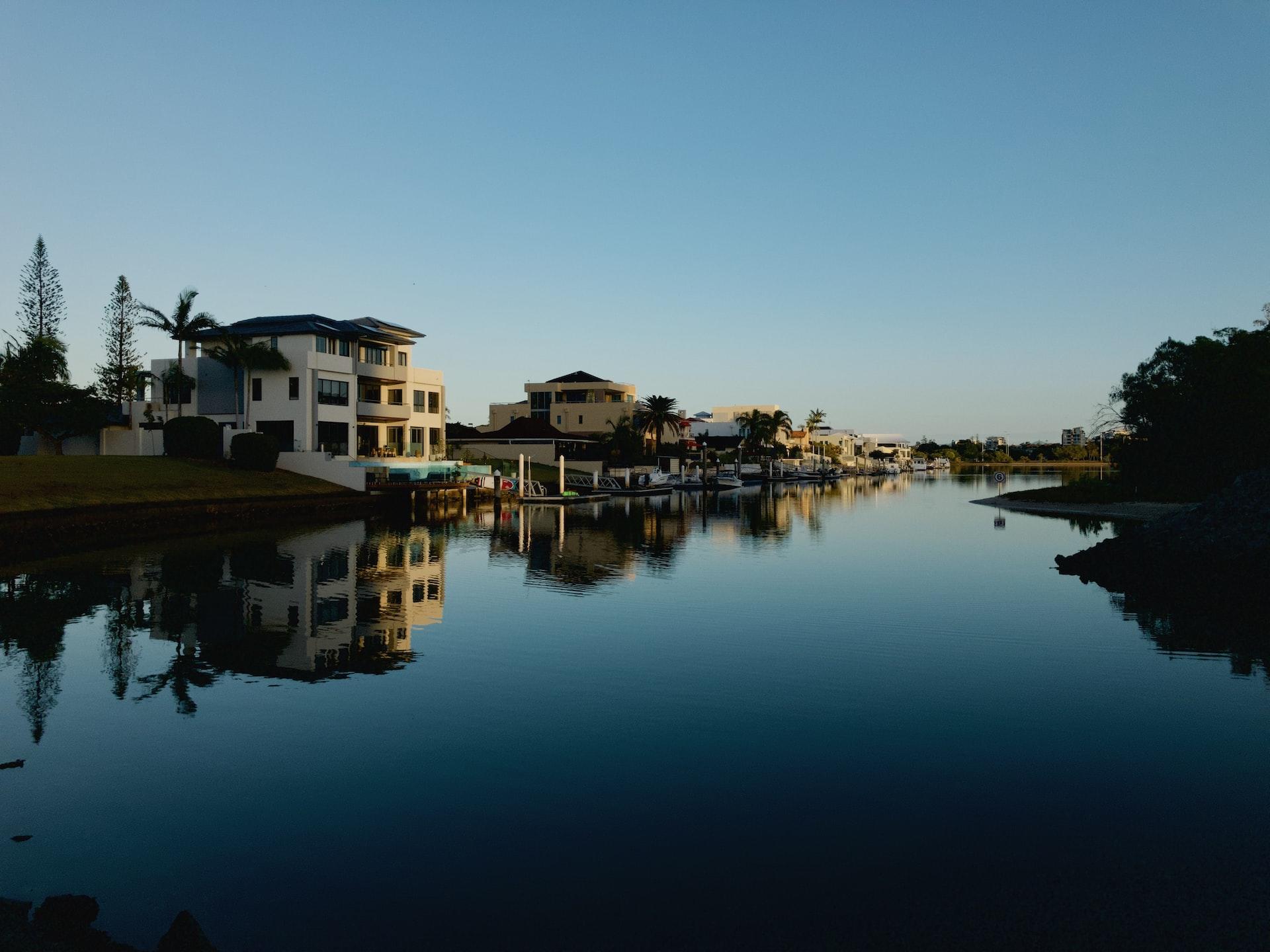When buying a house, you should be aware of the costs, but there are just so many you can't be blamed for not knowing them all.
While your deposit, mortgage, and repairs might be pretty obvious ones, here are almost all of the costs involved in buying a house.
With so many, there are bound to be a couple so let us know of any ones that we've missed that you think are worth mentioning!

Deposit
The deposit is likely the very first cost you'll encounter when buying a house. This is the money that you'll use to get the ball rolling on the whole process.
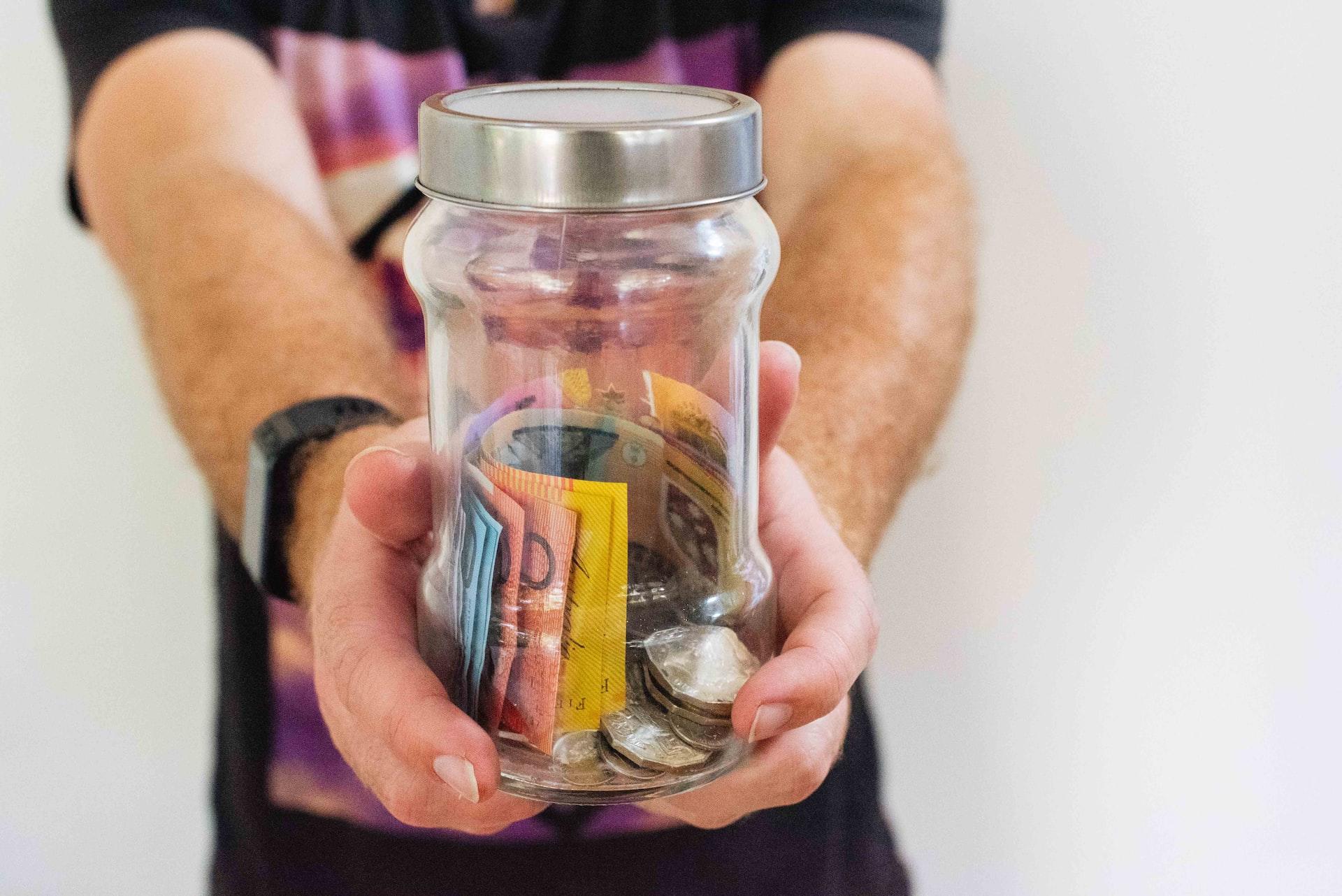
A deposit, in case you didn't know, is an amount of money paid towards the property's full value. You'll pay a percentage of the property immediately and your mortgage will cover the rest of the property's cost.
In Australia, your deposit can be as little as 5% of the property, but it's recommended to bring the biggest deposit you can afford as it's ultimately less money that you'll have to borrow for your mortgage, which comes with interest.
Similarly, if you borrow more than 80% of the value of the property, you'll also be required to get lenders mortgage insurance (LMI).
For many first-time buyers, the deposit is what's really holding them back from buying a property, especially with how crazy the Australian property market can be. It can be tough to save up for one if you're paying excessively high rent, but with a few tweaks to your lifestyle and a few smart saving techniques, you can put together a nice deposit for a house.
Stamp Duty
Pretty much whenever you buy something, the government gets a cut through taxation. For a lot of items, this is goods and services tax (GST), but when you buy a house, for example, one of the ways it gets taxed is through “stamp duty”.
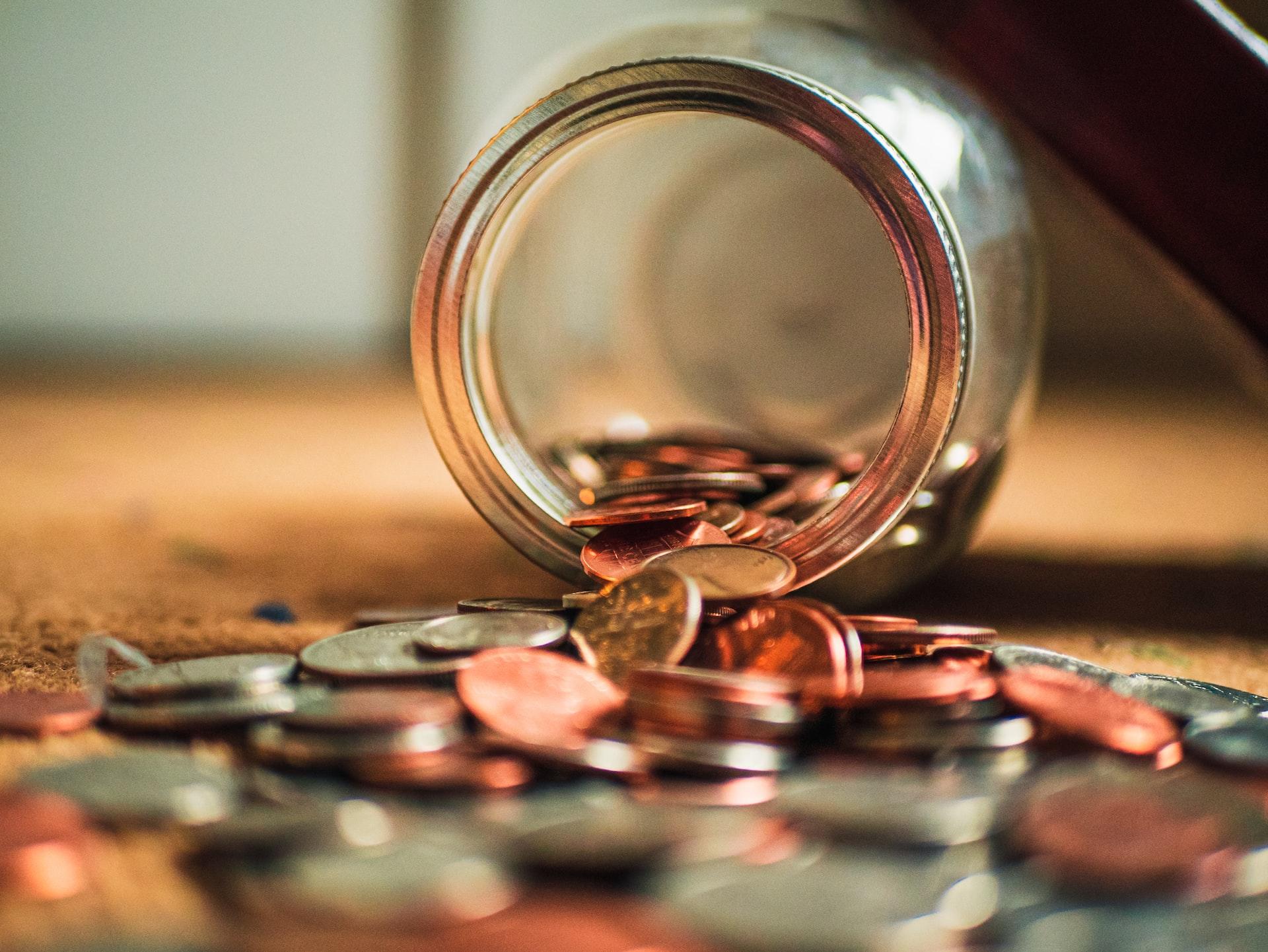
Put simply, stamp duty is a tax that is applied to a particular set of transactions including registering or transferring ownership of vehicles, insurance policies, and leases and mortgages, with the latter being what we're interested in today.
The amount of stamp duty you pay will depend on which state or territory you live in and the cost of the property that you're looking at buying. Fortunately, there are plenty of tools and guides online to help you work out how much you'll pay and if you'll be able to enjoy any stamp duty exemptions.
In a lot of places, you'll have to pay stamp duty within 30 days of settlement, but like with the amount, the rules aren't the same across the whole of Australia. In SA, for example, you're expected to pay your stamp duty at settlement whereas NSW expects it to be paid within three months of signing a contract for sale or transfer.
Legal and Conveyancing Fees
The legal side of buying a property also comes at a cost. In legal jargon, conveyancing is the act of transferring the legal title of a property from one person to another and a conveyancer is a person who helps with this.
The conveyancer, as a legal professional, will be paid for the work that they do and their fees are another unavoidable expense when buying property.
As usual, how much this costs will depend on several factors including who they are, the work that you get done by them, what kind of property you're buying, and where the conveyancer is based.
In addition to the fees that you pay them for the services, they may also charge you extra amounts for things like their time for phone calls, photocopying documents, postage, etc. Put simply, some will charge you for absolutely everything they do.
Mortgage Repayments
This is probably the most obvious cost to home ownership and the one that everybody knows about, but it's still worth keeping in mind, especially if you're currently saving to put together a deposit.
Don't forget that by negotiating the price of the property you buy, you can end up borrowing less for your mortgage and making smaller repayments.
You can also shop around for different mortgages so make sure you're getting the best deal. There are plenty of tools and resources to help you with getting the best and most affordable mortgage.
Utilities
In addition to your mortgage repayments, if you're living there, you'll have to pay for the utilities.
Utilities can include electricity bills, water bills, and, in some cases, gas bills. There are also other "utilities" to consider like phone and internet bills, which aren't traditionally considered utilities but are so common in modern homes that they're almost an unavoidable expense.
Don't forget to consider how much it'll cost to run your home once you're living there. Certain properties will cost more each month in terms of utilities and this is something that homeowners don't immediately think of, especially when they're falling in love with their dream property.

Moving Costs
This mightn't be the biggest expense you encounter when buying a home, but it's also not one that you can ignore unless you're buying a property that you won't be living in.
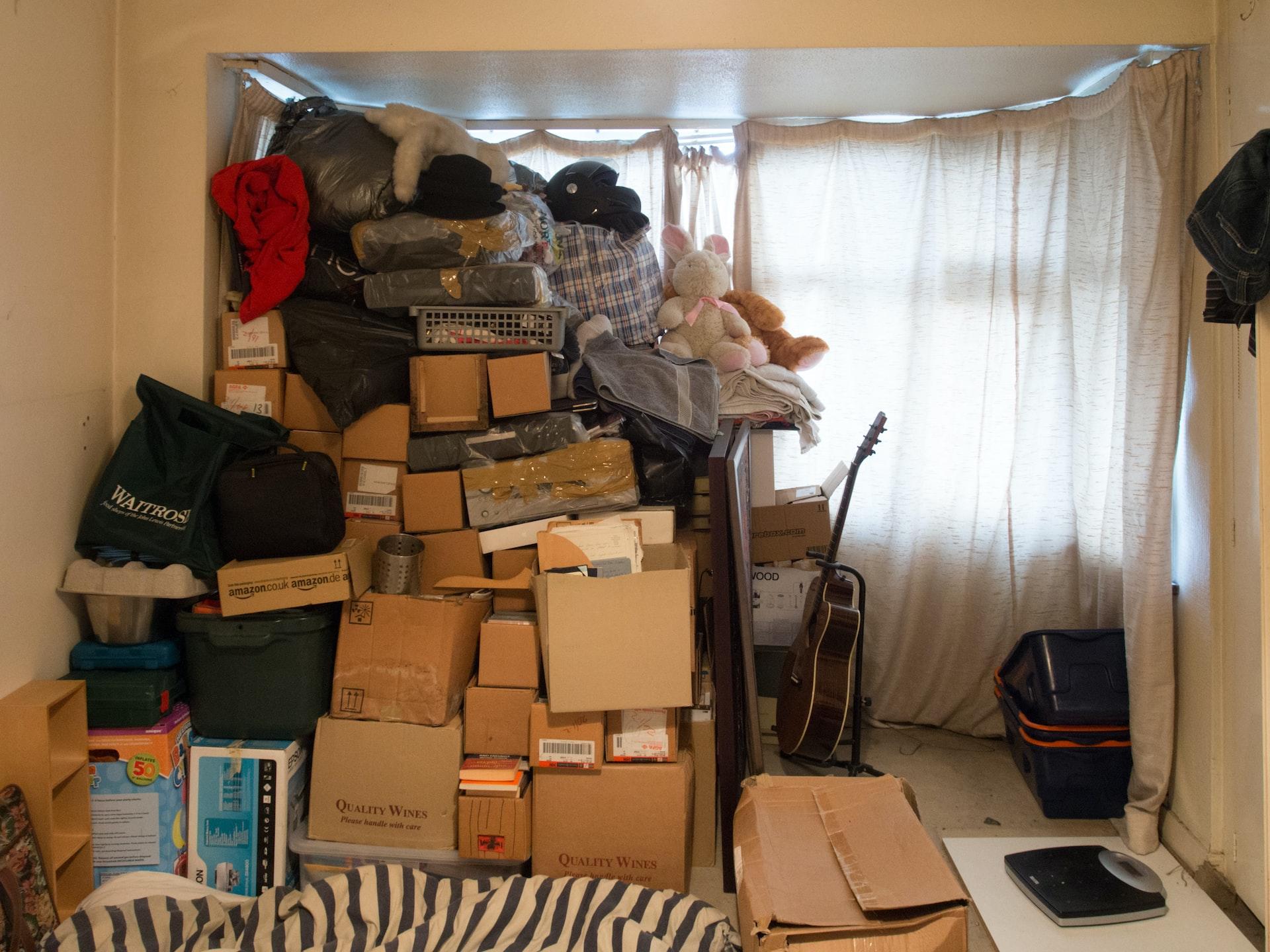
If you are looking at using removalists to help you with the move, you can expect to pay anywhere between $75 to $300 per hour for their time. It's a good idea to be organised and make everything as easy for them as you can.
Sometimes, you'll have to pay extra if you live on a main road, there are stairs or a lift to load things into, or you have no driveway or back lane access to your new home.
The more you move, the further you move it, the longer it takes, and the harder it is to load and unload will all increase the cost of moving.
Strata Fees
For multi-unit properties, you may end up having to pay strata fees. A strata scheme is how buildings with multiple owners pay for building maintenance, upkeep, and management.
These are communal fees for the whole building and every owner will be contributing to them. They'll use these fees to maintain common areas, pay for cleaners, and provide utilities to common areas such as lighting, heating, and keeping elevators operating.
If you're buying an individual property that isn't part of another building or development, you probably won't have to worry about strata fees.
Home and Content Insurance
It's a good idea to have your home and contents covered by insurance, especially if you live anywhere with a risk of natural disasters, theft, or damage.
It's always good to keep some savings to one side to cover the cost of damage, repairs, etc. but you can also enjoy peace of mind by taking out an insurance policy on your home and its contents.
Lenders Mortgage Insurance (LMI)
Lenders mortgage insurance, as we mentioned earlier, actually protects the lender from borrowers who don't make payments, but it helps borrowers by ensuring that their lender is covered against somebody who doesn't pay. This makes lenders more likely to give out mortgages because there's less risk involved for them.
If you don't have a 20% deposit, then you'll likely have to get LMI. The premium will be paid upfront and will cover the life of your mortgage. How much this is will, like your mortgage, depend on how much you're borrowing and the size of your deposit.
Repairs and Maintenance
Repairs and maintenance are a natural part of home ownership and something you mightn't have thought about until you started owning your own home.
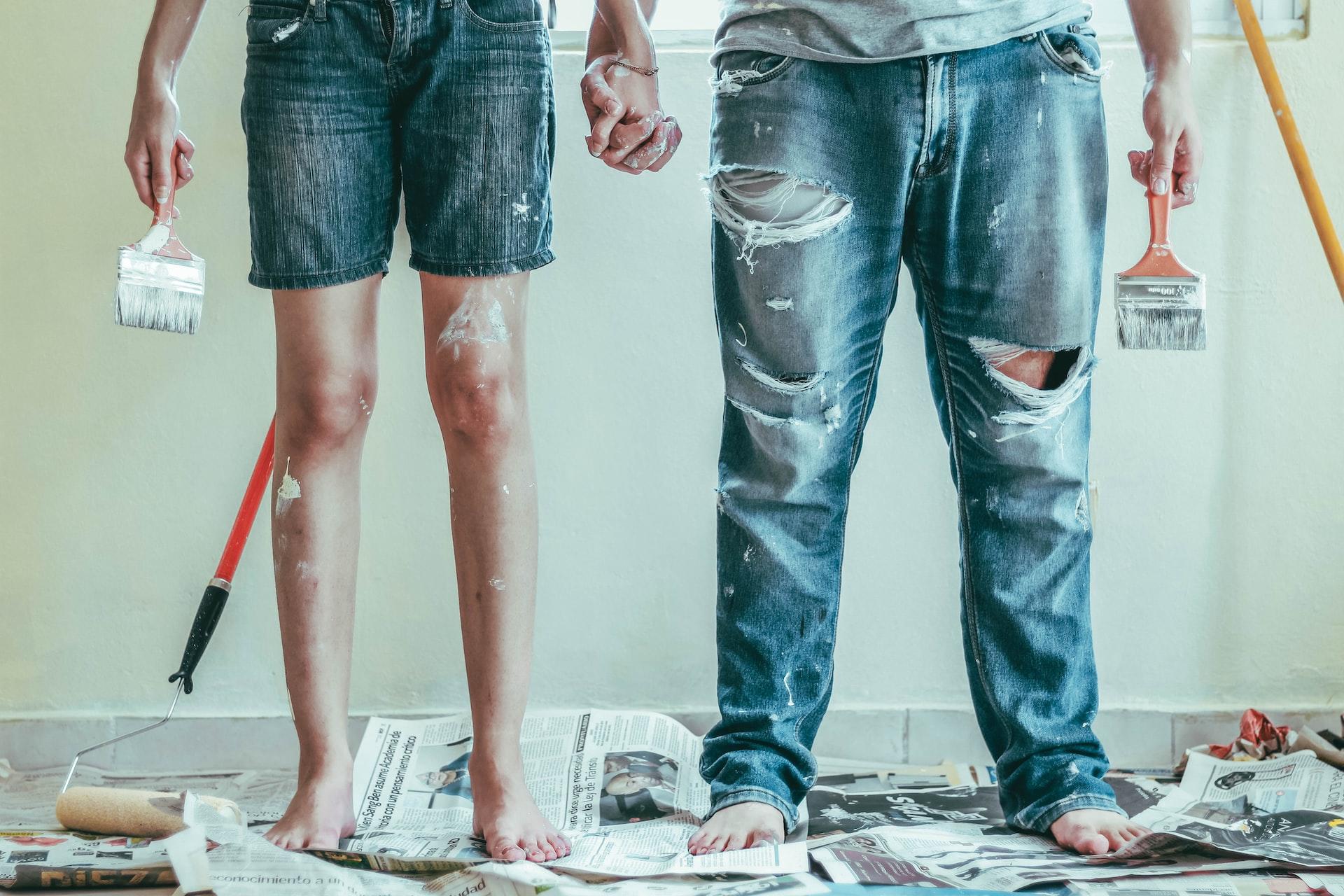
Depending on the type of property you buy, the cost of repairs and maintenance could add up quite quickly and it's always recommended that you keep aside a decent amount of savings just to cover the cost of keeping your property in good condition.
Keeping on Top of the Costs
For anyone buying a home for the first time, it might come as quite a shock to see just how many things you have to pay for, especially if you're in the early stages of saving for a deposit.
A good way to ensure that you can afford all these costs is by looking carefully at your spending habits and putting together a budget.
While meticulously budgeting isn't particularly fun, it'll save you a lot of stress and worry by knowing that you're on top of your finances. It also means you can prepare for any unexpected payments while also being able to enjoy the rest of your life in financial security.
Don't forget that there's plenty of help and advice for buying your first-home out there and if this is something that you really struggle with, you can even look to private tutoring to learn more about finance, managing a budget, and being smart with your money!
Summarise with AI:

